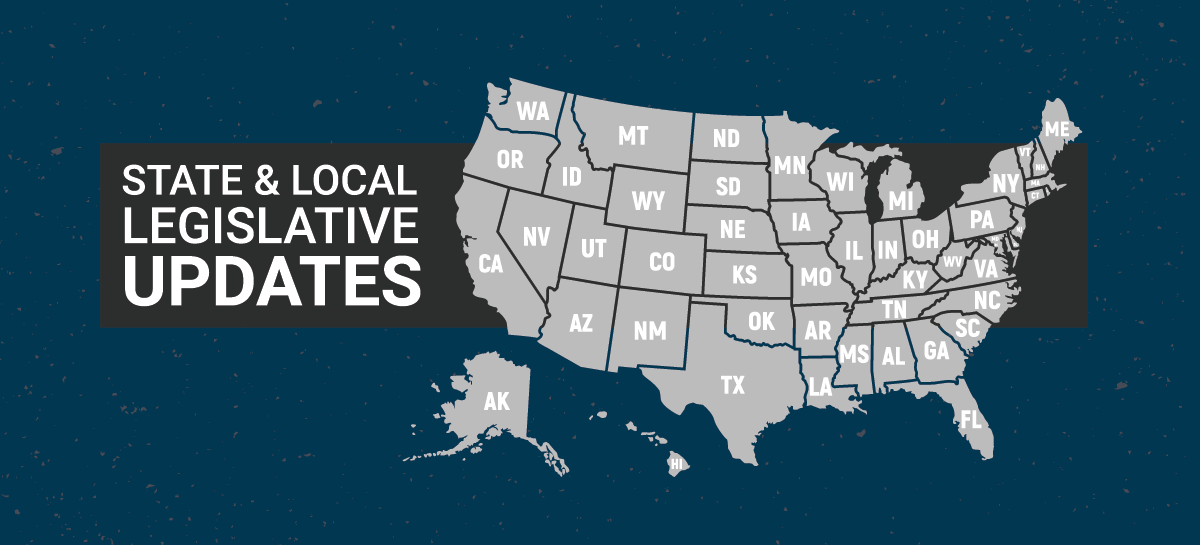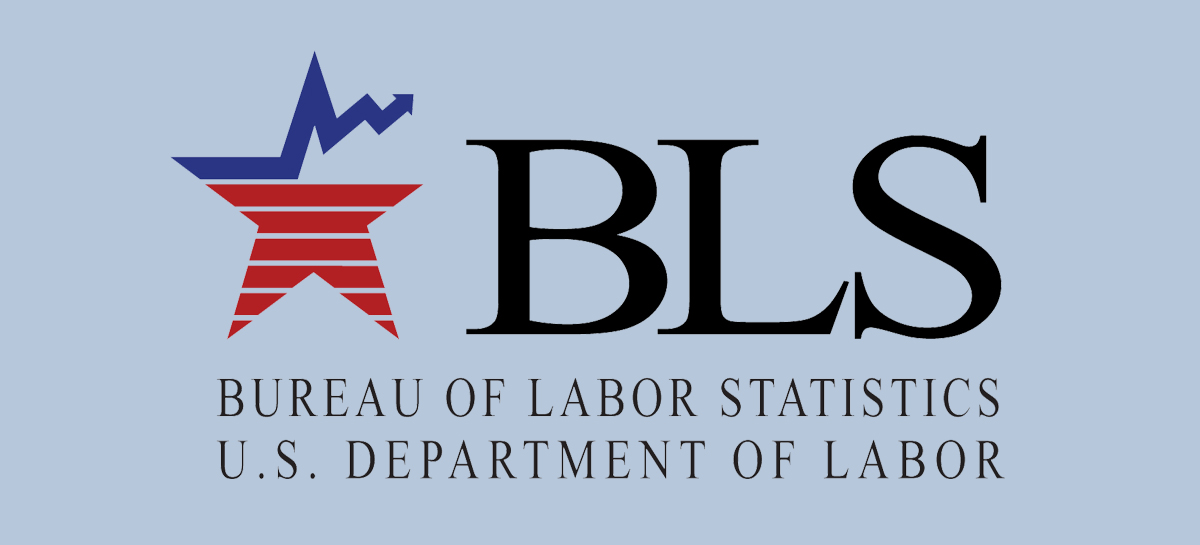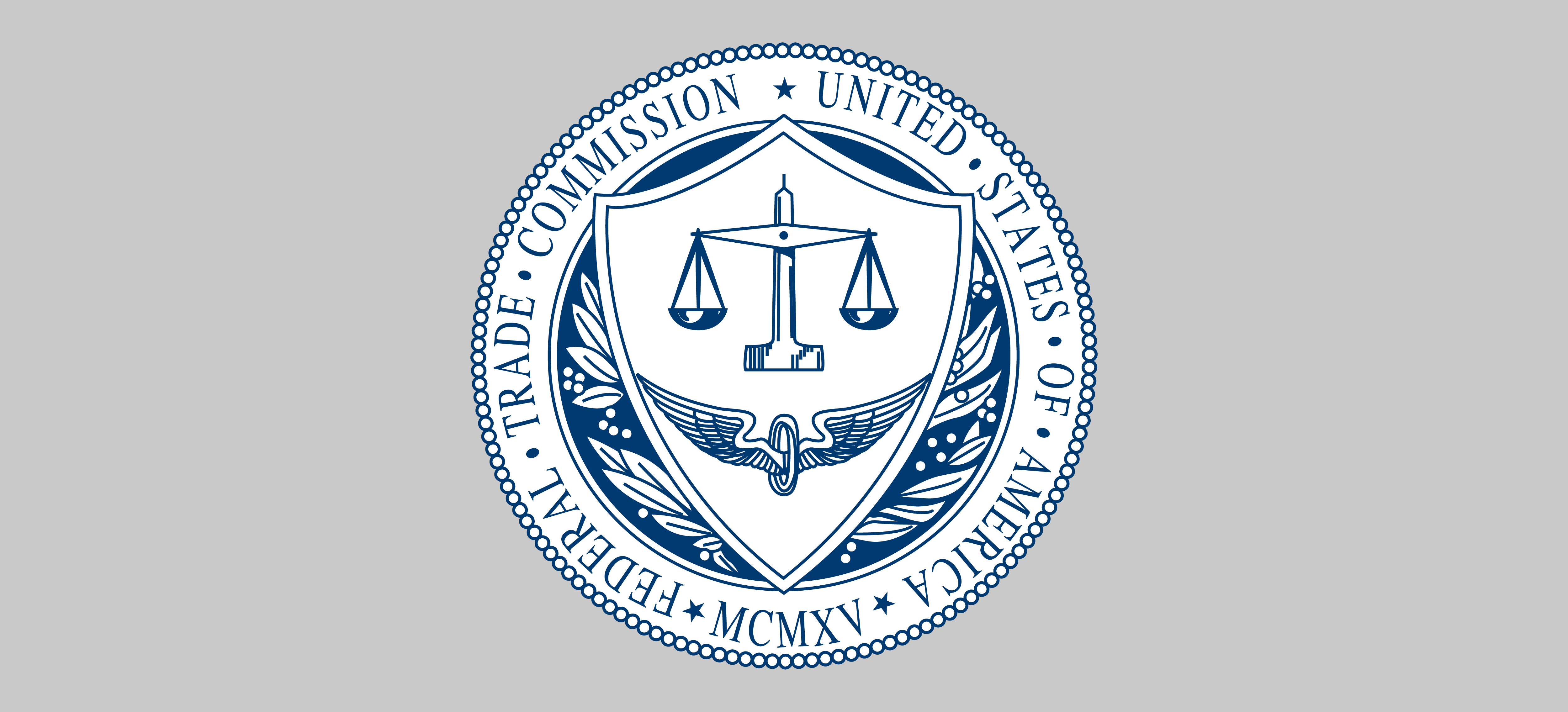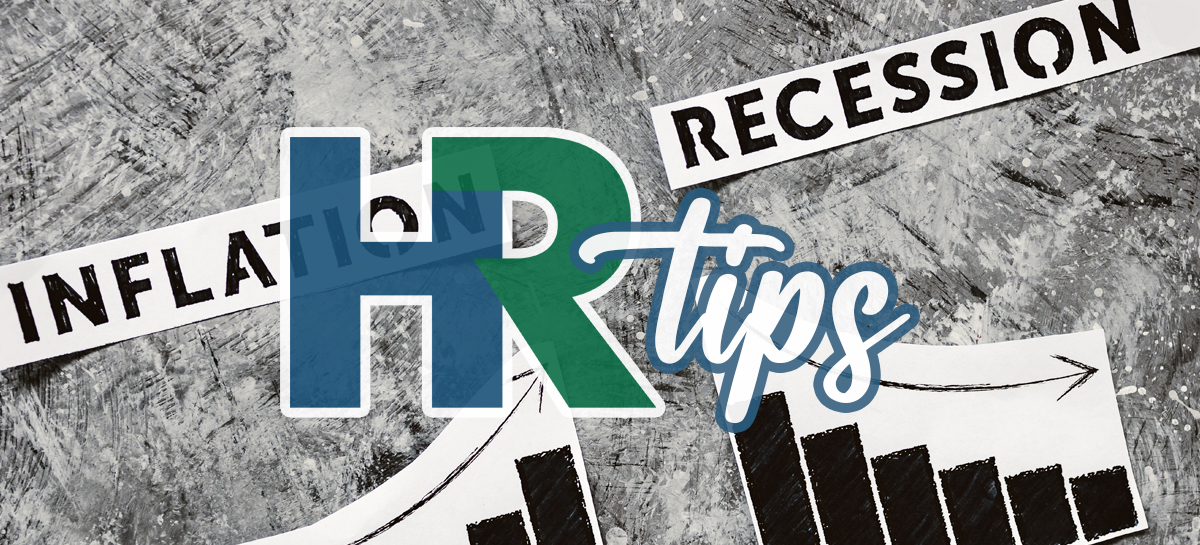
Artificial intelligence (AI) chatbot ChatGPT has recently made waves for producing human-like text and communications from user inputs. Accessible to anyone with a computer and internet connection, ChatGPT produces usable written material on a wide range of topics and helps make decisions. These functions are leading many employers to consider ways to incorporate this technology into their organizations to enhance workflows, streamline operations and improve customer experience.








